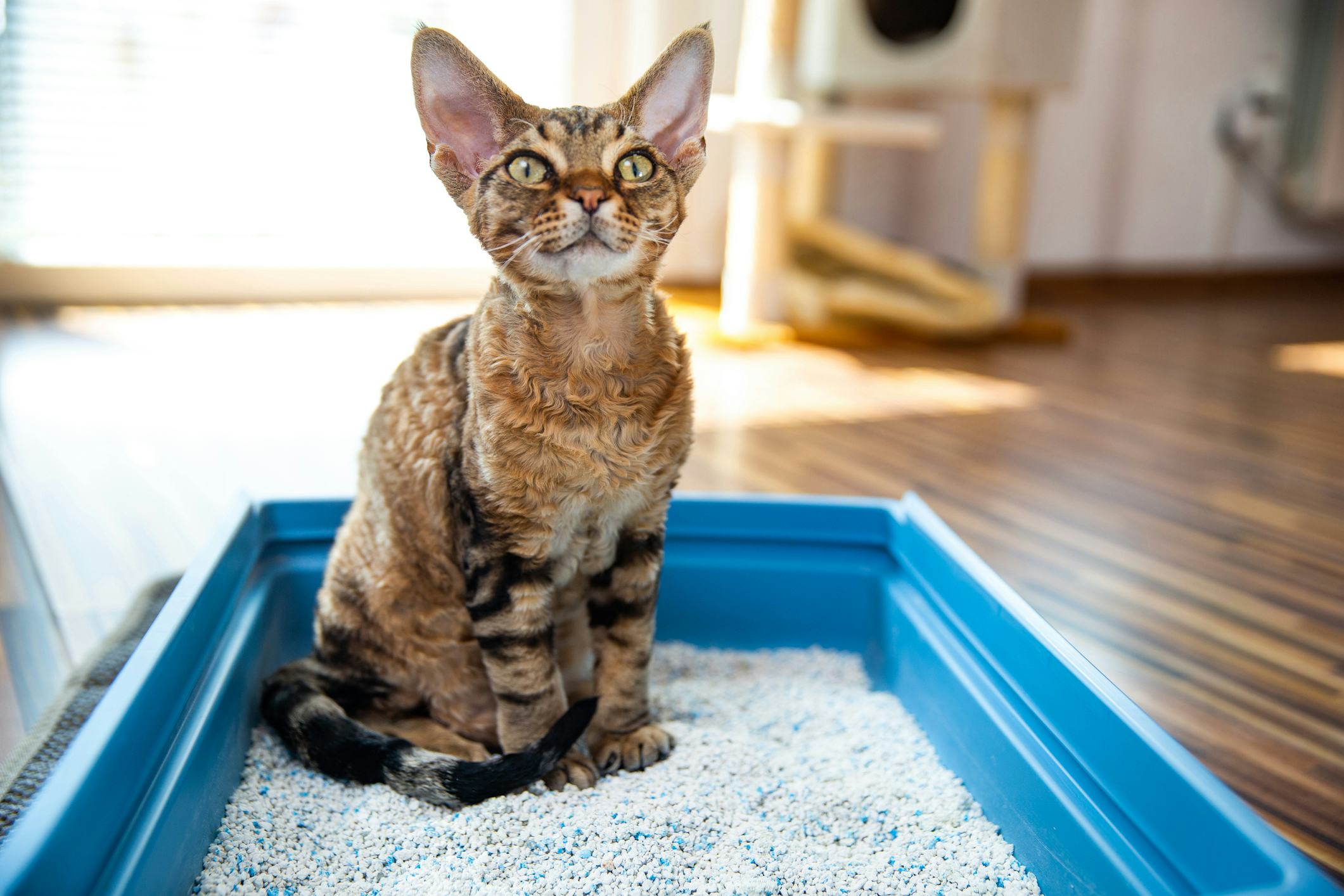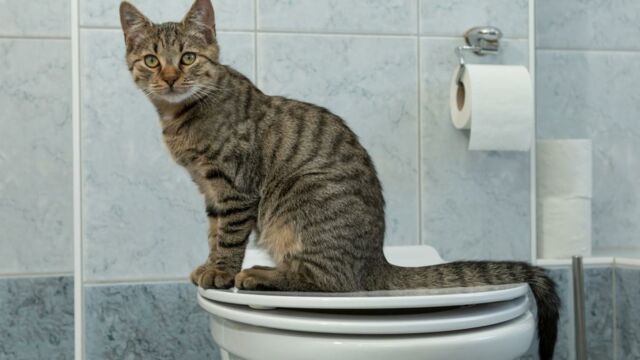Exploring the Risks of Flushing Animal Waste Down the Toilet
Exploring the Risks of Flushing Animal Waste Down the Toilet
Blog Article
They are making a number of good annotation related to 10 Things You Should Never Flush Down The Toilet as a whole in this great article underneath.

When it involves disposing of waste, specifically animal waste, lots of people frequently consider the practical choice of flushing it down the commode. However, this seemingly very easy service can have major consequences for the environment and public health. In this short article, we'll explore why flushing animal waste down the toilet is a negative concept and give alternate methods for appropriate disposal.
Introduction
Appropriate waste disposal is critical for preserving ecological sustainability and public health. While it might seem safe to flush animal waste down the toilet, it can bring about various issues, both for the atmosphere and human health.
Risks of flushing animal waste
Environmental influence
Purging pet waste presents unsafe bacteria and pathogens right into rivers, which can negatively impact marine communities. These microorganisms can contaminate water resources and damage aquatic life, interfering with delicate communities.
Public health issues
Pet waste contains unsafe bacteria such as E. coli and Salmonella, which can position severe wellness threats to people. Flushing pet waste down the toilet can pollute water products, resulting in the spread of conditions and infections.
Alternatives to flushing
Rather than flushing pet waste down the commode, there are numerous different disposal methods that are more environmentally friendly and hygienic.
Composting
Composting animal waste is an environment-friendly way to take care of it. By composting, raw material is broken down into nutrient-rich soil, which can be used to fertilize gardens and plants.
Land fill disposal
Throwing away animal waste in a landfill is an additional option. While not as eco-friendly as composting, it is a more secure alternative to flushing, as it avoids the contamination of water sources.
Animal waste disposal systems
There are specific animal waste disposal systems available that securely and hygienically deal with animal waste. These systems frequently use enzymes to break down waste and get rid of smells.
Actions to proper animal waste disposal
To make certain correct disposal of pet waste, comply with these actions:
Scooping and bagging waste
On a regular basis scoop and bag pet waste making use of naturally degradable bags. This protects against waste from infecting the environment.
Using marked waste containers
Dispose of bagged pet waste in assigned waste bins, such as garden compost bins or land fill bins. Avoid flushing it down the toilet whatsoever costs.
Cleaning can and family pet locations regularly
On a regular basis tidy litter boxes and pet dog locations to prevent the build-up of waste and bacteria. Usage pet-safe cleansing items to maintain health.
Benefits of proper disposal methods
Adopting appropriate disposal approaches for pet waste provides several advantages:
Decreased environmental pollution
Proper disposal approaches reduce the danger of environmental pollution, protecting rivers and ecological communities from contamination
Minimized threat of water contamination.
By avoiding flushing animal waste down the commode, the threat of water contamination is dramatically minimized, protecting public health.
Improved cleanliness and health
Correct disposal methods promote much better hygiene and health, creating a safer environment for both people and animals.
Verdict
Finally, purging animal waste down the toilet is unsafe to the environment and public health. By taking on alternative disposal approaches and adhering to appropriate waste administration methods, we can minimize the negative effect of animal waste and contribute to a cleaner, much healthier planet.
What To Do With Dog Poo – The Do's And Don'ts Of Disposing Of Faeces
Dog poo bins
Some councils provide dedicated dog waste bins in popular dog-walking areas that can take dog poo that has been bagged but you can legally dispose of dog waste in any public litter bin, as long as it is securely bagged. This also applies to your wheelie bin at home.
Do not flush
Water companies do not recommend flushing dog faeces down the toilet because certain parasites can survive the water processing treatment and are potentially harmful to humans. You should also never consider flushing dog poo that has been bagged down the toilet as the bags will not break down and instead create severe blockages in the sewage system.
In the woods
The Forestry Commission promotes a ‘stick and flick’ method for dealing with waste in the woods. This means finding a stick and using it to flick any poo from off the path so that it is out of the way of other walkers. You could also bury it as long as it is not in an area where there might be livestock.
Livestock
Parasites found in dog poo can be transmitted to livestock if they inadvertently eat infected faeces that has been left on grazing land. This could result in the death of sheep or abortion in cattle so you should always make sure you pick up your dog’s waste in fields where livestock could be present.

Do you enjoy reading up on Why you should never flush dog poop down the toilet? Create feedback below. We'd be glad to find out your thoughts about this blog. In hopes to see you back again in the near future. In case you enjoyed our blog posting please be sure to share it. I take joy in reading our article about Don't Flush Your Pets Poo Down The Loo, Vet Warns.
Book Instantly Report this page